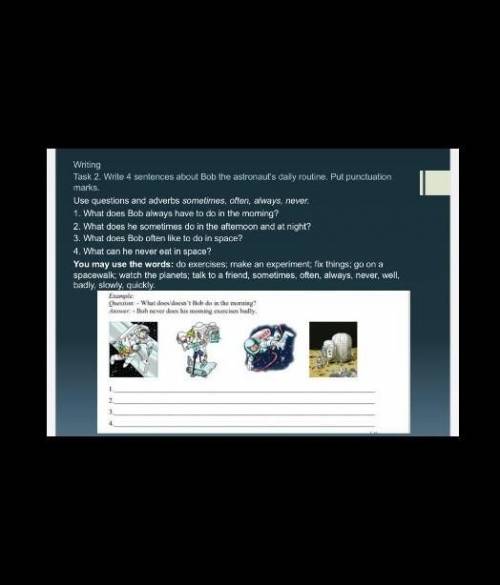
1. William Lovett was an Irish conservative politician.
False
He was the London radical
2. Chartists fought only for women’s rights.
False
A bill contained six demands: universal manhood suffrage, equal electoral districts, vote by ballot, annually elected Parliaments, payment of members of Parliament, and abolition of the property qualifications for membership
3. Chartists represented the working class of the country.
True
4. Chartism was a reaction to a severe economic downturn.
True
5. Irish members of the Chartist movement did not respect William Lovett.
Not stated
6. The Irish did not present a united front in their political views.
True
7. All chartists were in favour of violent measures.
False
the delegates differed in their degrees of militancy and over what form “ulterior measures” should take
8. The imprisonment of Lovett and Collins was short.
Not stated
9. The uprising after the dismissal of the first petition was peaceful.
False
10. Chartist leaders had to flee to Australia to avoid incarceration.
Not stated
11. The economic upturn cost Chartism some of its followers.
True
12. Parliament decided to give in to the demands of the last petition.
False
Again Parliament did nothing.
13. Chartists drew up three petitions.
True
14. Chartism became the ideological basis for contemporary liberalism in the western world.
True
15. Almost all the chartists’ demands have been eventually satisfied by the British Parliament
False
According to legend, the sport of rugby began one afternoon in 1823 at England's Rugby School, when William Webb Ellis, playing soccer with his fellow students, (1) picked up the ball and ran toward the goal. Though there is little historical fact (2) to verify this story, it is true that the first rules of the game (3) were written at the Rugby School in 1843. The sport now (4) thrives across the globe and is played by two different sets of rules — Rugby Union and Rugby League. Rugby is particularly popular in the British Isles, Australia, New Zealand, South Africa, and France.
In 1871 the Rugby Football Union (RFU) was organized. As more clubs joined the RFU, (5) to allow for matches throughout England, a disagreement (6) arose between southern clubs, whose players were largely from the aristocratic class, and northern clubs that (7) were composed mostly of working-class players. The northern clubs wanted to compensate players for time (8) lost from their jobs; the southern clubs wanted (9) to maintain the competitive purity of the amateur game. The argument became so bitter that the northern clubs split from the RFU in 1895 and formed the Northern Rugby League, which (10) adapted a new set of rules.